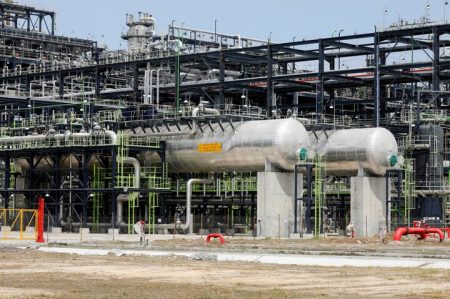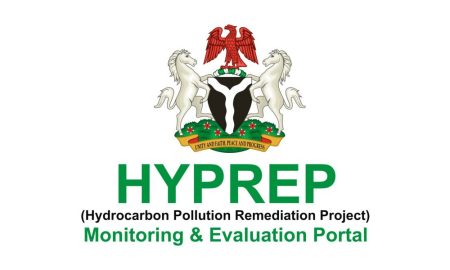Following the report of a two-year study by the United Nations Environmental Programme (UNEP) the Environmental Rights Action/Friends of the Earth Nigeria (ERA/FoEN) has called for the creation of a $100 billion Environmental Restoration Fund for the Niger Delta.
ERA/FoEN in a statement issued in Lagos welcomed the report and said that the Environmental Assessment of Ogoniland, despite its short comings, has not only vindicated it worst fears about the state of the environment in Ogoniland and the entire Niger Delta, but also showed Shell’s atrocious breach of minimum requirements of the Environmental Guidelines and Standards for Petroleum Industries in Nigeria (EGASPIN) and its own standards.
The UNEP assessment presented to President Goodluck Jonathan showed hydrocarbon pollution in surface water throughout the creeks of Ogoniland and up to 8cm in groundwater that feed drinking wells at 41 sites including a serious case in Nisisioken Ogale in Eleme, Rivers State. Soils were found to have been polluted with hydrocarbons up to a depth of five metres in 49 observed sites, while, benzene, a known cancer-causing chemical was found in drinking water at a level 900 times above World Health Organisation (WHO) acceptable levels. The report also documented that fisheries have been destroyed and that wetlands around Ogoniland are highly degraded and facing degradation. These combined, have led to irreparable loss of livelihoods and will take 30 years to remediate.
UNEP, at the request of the Nigerian government conducted the assessment with funding to the tune of $9.5 million from Shell.
Reacting to the contents of the report, ERA/FoEN Executive Director, Nnimmo Bassey said: “The UNEP assessment with documented evidence of widespread pollution in Ogoniland is not at all surprising. It has only vindicated our position that Shell, and not the people, is wholly responsible for this environmental assault and has shown with brazen contempt that it will not abide by any internationally accepted standards in the oil industry nor any that it set for itself”
“Going by the findings, the Ogoni people who, ironically, are still living with this ecological disaster may never have the right to an environment that can allow them develop as they desire. Not even the paltry sum recommended for remediation can assuage the dislocation that Shell’s activity has wrought on them”
Bassey insisted that $1 billion initial restoration fund is negligible compared with the mammoth ecological disaster caused by Shell, even as he urged the Nigerian government to immediately compel the company to halt other ongoing pollution such as routine gas flares in the Niger Delta and the leaking pipes that continually pollute streams, rivers and farmlands.
Bassey noted that ERA’s demand for $100 billion in remediation funds is hinged on the fact that aside Ogoniland, Shell’s ecological onslaught is replicated in other Niger Delta communities that must also be considered for a comprehensive environmental audit.
“We again reiterate our opposition to Shell resuming oil exploration in Ogoniland. The Ogoni people and indeed the entire Niger Delta people demand an apology for Shell and insist the company must not only halt its unfriendly environmental practices, but must also take full responsibility for the clean up and compensate the people. Aside this, we demand that only genuine community representatives be allowed as members of the proposed Ogoniland Environmental Restoration Authority to forestall any attempt by Shell to dodge responsibility. Anything short of this is untenable”, Bassey insisted.
In a similar reaction, Friends of the Earth International (FoEI) has expressed shock at the size and severity of the pollution that the UNEP report covers.
The environmental justice movement called on Shell to immediately come up with an action plan with the Nigerian government to commence remediation actions immediately.
It also said that an integral part of a broader assessment which it also recommends to cover other Niger Delta communities should include the pollution and health impacts of gas flaring and the effects of oil theft from Shell’s facilities which the company has not done much to halt.
Experts such as Professor Richard Steiner of Alaska have documented Shell’s double standards since 2008.




